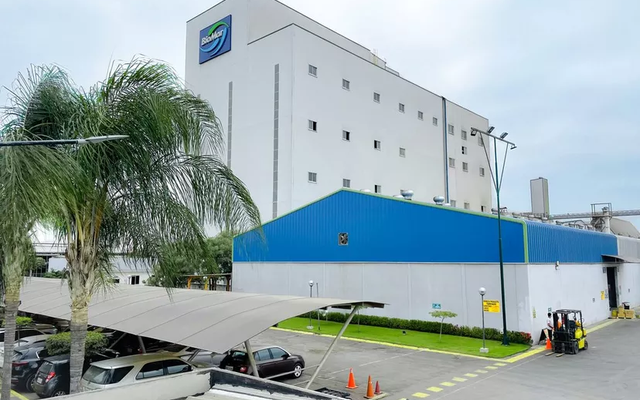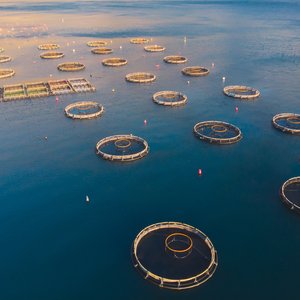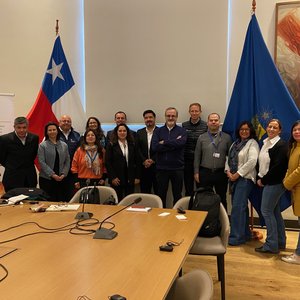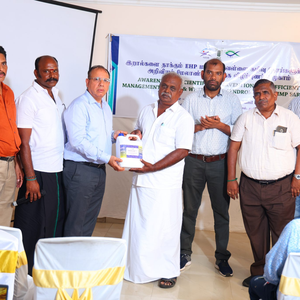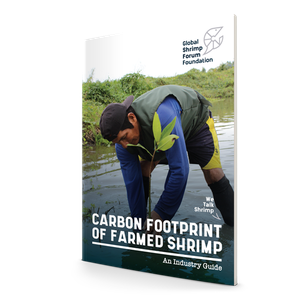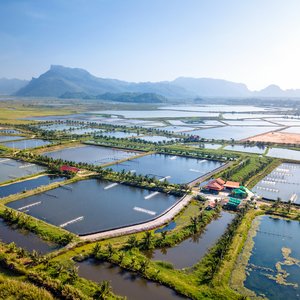BioMar’s Ecuador site has achieved ASC Feed Certification. This is another significant milestone in the journey towards ensuring the more responsible production of feed and empowering shrimp farmers in Ecuador to meet the increasing demand for ethically sourced seafood.
Located in Durán, BioMar’s facility is dedicated to producing high-quality shrimp feed. Achieving ASC Feed certification represents a significant milestone in BioMar’s broader strategy of sustainable innovation and strengthens its role as a trusted provider of ASC-compliant feed.
Ecuadorian shrimp farmers wanting to use ASC as a competitive edge in global markets – where transparency, responsibility, and traceability are increasingly important – are now able to obtain ASC-compliant feed from BioMar.
“Our goal is to provide shrimp farmers with the tools they need to succeed in a rapidly evolving industry. With this certification, our customers can be confident that they are using feed that meets the highest global standards for sustainability, helping them secure their position in a fast-growing market,” said Henrik Aarestrup, vice president for Latin America, Shrimp & Hatchery at BioMar Group.
“Our ASC Feed Standard establishes an essential and unique benchmark for feed production and BioMar’s certification in Ecuador is a welcome development towards greater transparency, traceability and impact measurement in the feed industry. We congratulate them on this achievement and their ongoing commitment to more responsible feed,” said ASC CEO Chris Ninnes.
This is the second BioMar feed mill that achieved ASC certification after its Scottish site. Apart from BioMar, to date, ten other aquafeed mills have reached certification in different countries: Chile (Skretting), Ecuador (BioMar and Skretting), the UK (BioMar) Honduras, Mexico (Vimifos), Norway (Polarfeed), Thailand (Thai Union) and Vietnam (Feed One). “With the first feed factories celebrating ASC certification in January 2024, we started a journey to drive positive change in the feed industry. There is still much more progress to be made, but with the commitment of the seafood farming sector and the entire value chain, we now have over 30 feed production sites either certified or in assessment. That collaborative effort will truly transform global aquatic feed production towards greater responsibility,” Ninnes said.
“For us, this certification goes beyond meeting a standard. It’s part of our broader commitment to supporting the entire shrimp aquaculture value chain. By investing in innovation, sustainability, and collaboration, we aim to help farmers achieve long-term success while ensuring seafood production is ethical, transparent, and sustainable,” Aarestrup concluded.


